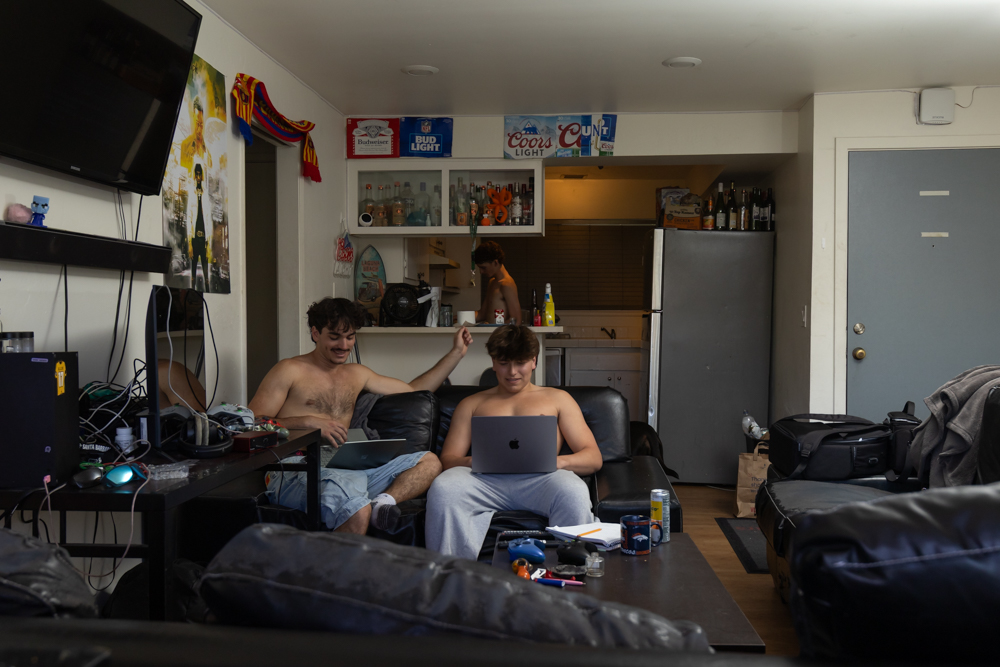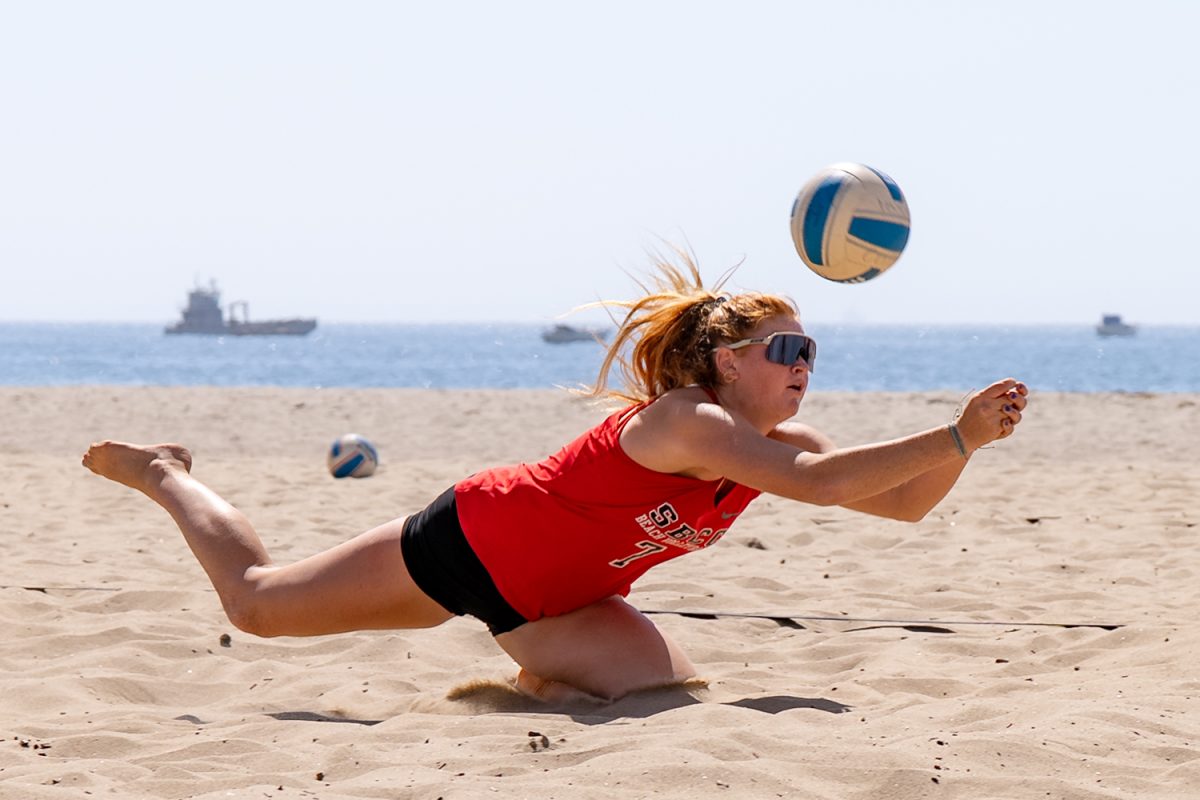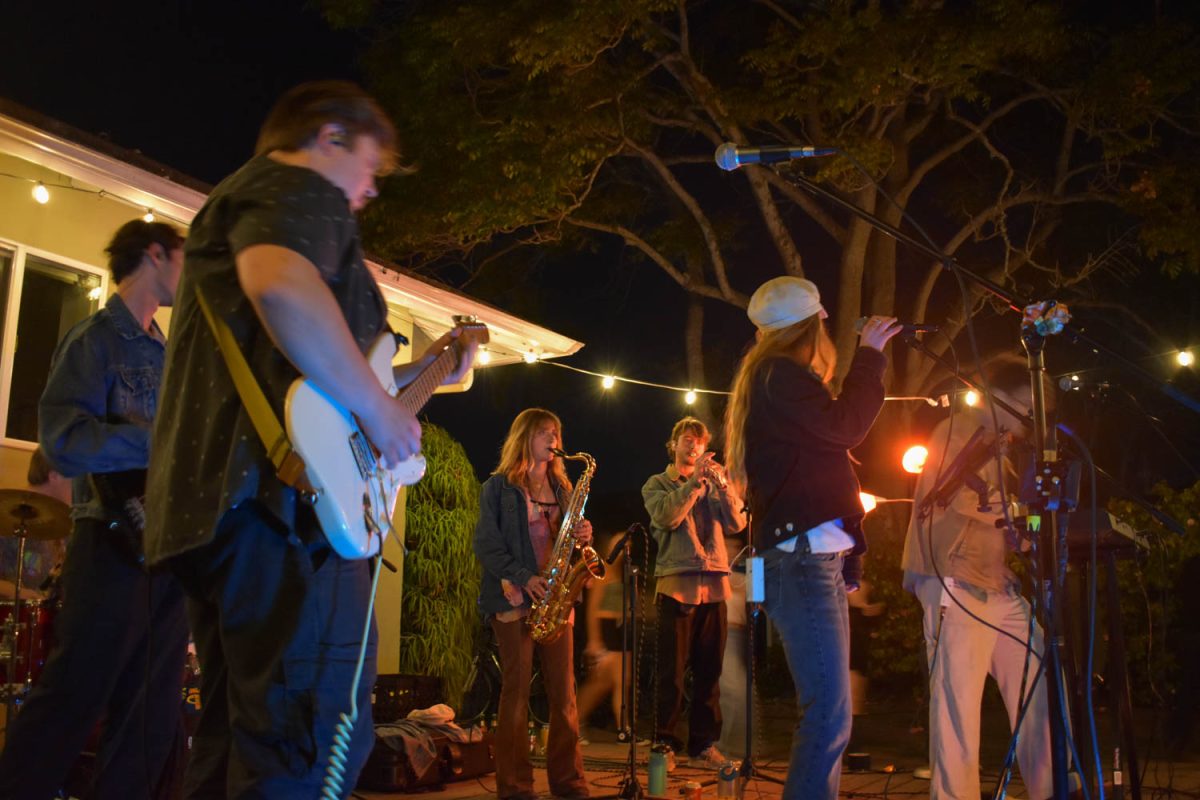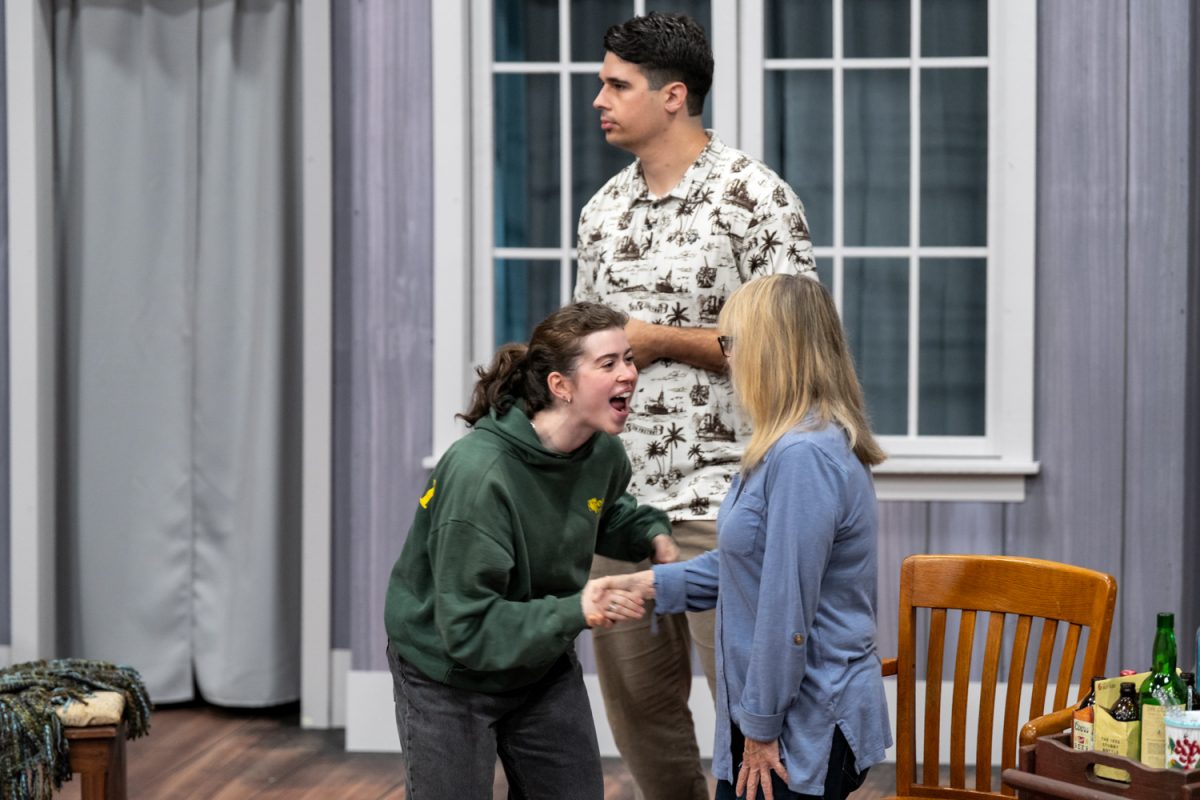City College hired its first autism consultant this Fall to spread campus-wide awareness and help faculty members meet the needs of their students.
Natalie Holdren is the new hiree. She will provide one-on-one counseling sessions by appointment to assist students on the autism spectrum or with related needs. This includes, but not limited to, social or communication skills, self-advocacy, goal setting, coping and stress management skills.
“I think that the director, Janet, recognized that we had a growing student population of individuals on the autism spectrum,” said Holdren. “Students who self-identify as being on the spectrum and who want additional support because of that come to me. It’s basically a voluntary service so students can seek me out if they want support.”
One can contact Holdren by email at natalie.holdren@gmail.com, or in the Disability Services and Programs for Students office in Student Services Building Room 160.
Holdren has been working in the disability field for about 20 years. She started out by working with nonprofit organizations, including running programs for United Cerebral Palsy. Holdren got her doctorate in special education at UCSB and worked as special education teacher in K-12 schools before she came to City College.
Holdren is the president of Caltash, a disability advocacy organization. The organization is working against the segregation that people easily feel because of their disability and promoting embracement.
“Our organization is really committed to figuring out ways to help people build inclusive lives and help create a society that values inclusion,” Holdren said.
Holdren has previously worked with variety of different types of consulting. She currently has about five students that seek her support at City College.
Faculty members have expressed interest in learning more about working more with students on the autism spectrum, Holdren said. She has distributed some starting tips to faculty about making the classroom more accessible to people who are on the spectrum.
“That’s a great starting place but I’m looking forward to finding other ways to help support faculty and they’re also welcome to email me, to connect with me if they have specific things they want support with,” Holdren said.
She is also going to be working with City College’s new Neurodiversity Club.
“Neurodiversity is a term that refers to the fact that there’s not one kind of brain. There’s lots of kinds of brains,” Holdren said.
“The Neurodiversity movement is about ‘let’s make society more accessible to everyone’”
Neurodiversity Club president Paula Bergen explained that Natalie will serve as an unofficial advisor for the club. She supports the club goals and will be listening to the students in the club to get input and advice on how she can best support the students she works with.
“We are also looking for ways to make the campus more inclusive of students who are neurodivergent, such as Autistic students and those with ADHD or learning disabilities,” said Bergen.
One of the goals of the Neurodiversity Club is to increase awareness of the neurodiversity movement and the idea that all types of brains should be accepted and celebrated.
“It takes the problem off the disability and puts it on society so that it becomes our job as a campus to be a friendly space for everyone,’’ Holdren said, “as opposed to putting the pressure on students who are experiencing disabilities.”


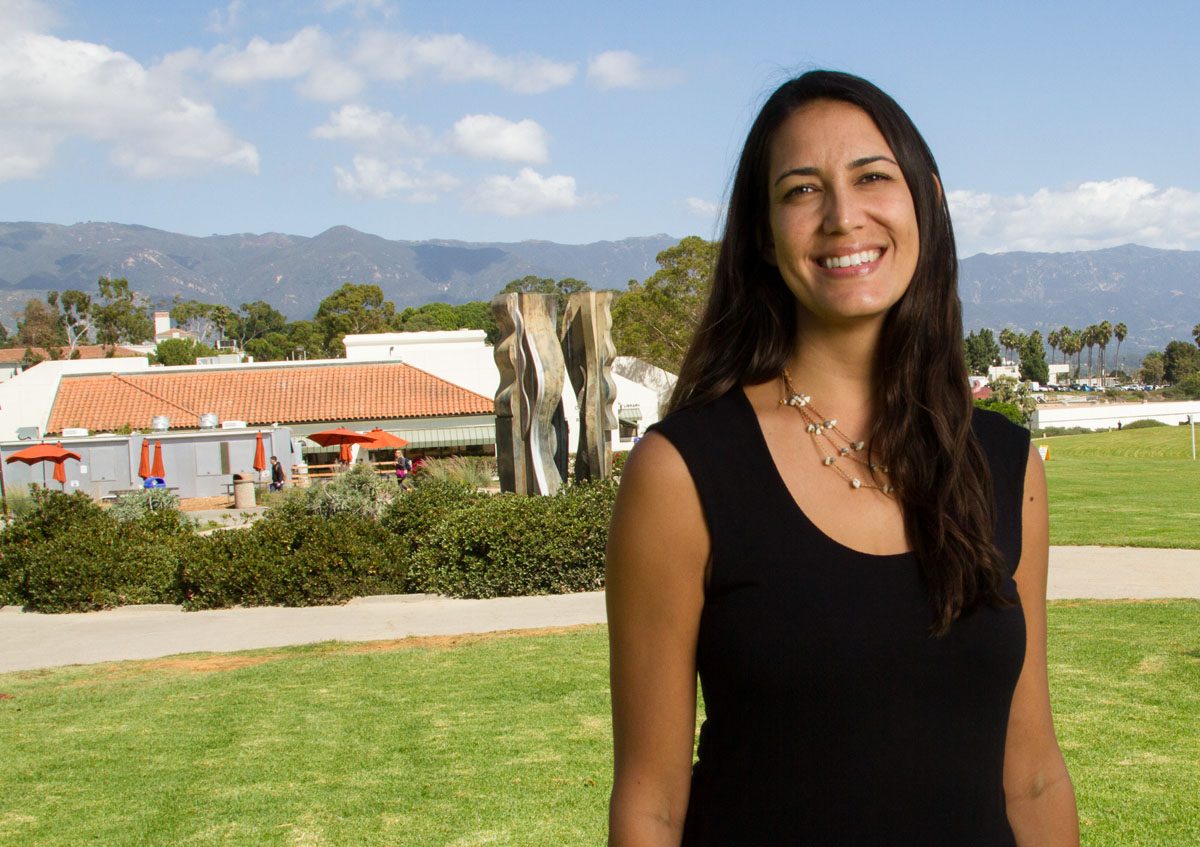

![Milton Alejandro Lopez Plascencia holds a flag showcasing the United States and Mexico on Feb. 7 in Santa Barbara, Calif. “It’s heartbreaking to see what is happening all across the country,” Lopez Plascencia said. “I [want] my voice to be heard by the community.”](https://www.thechannels.org/wp-content/uploads/2025/05/MGSImmigration-1-1200x800.jpg)
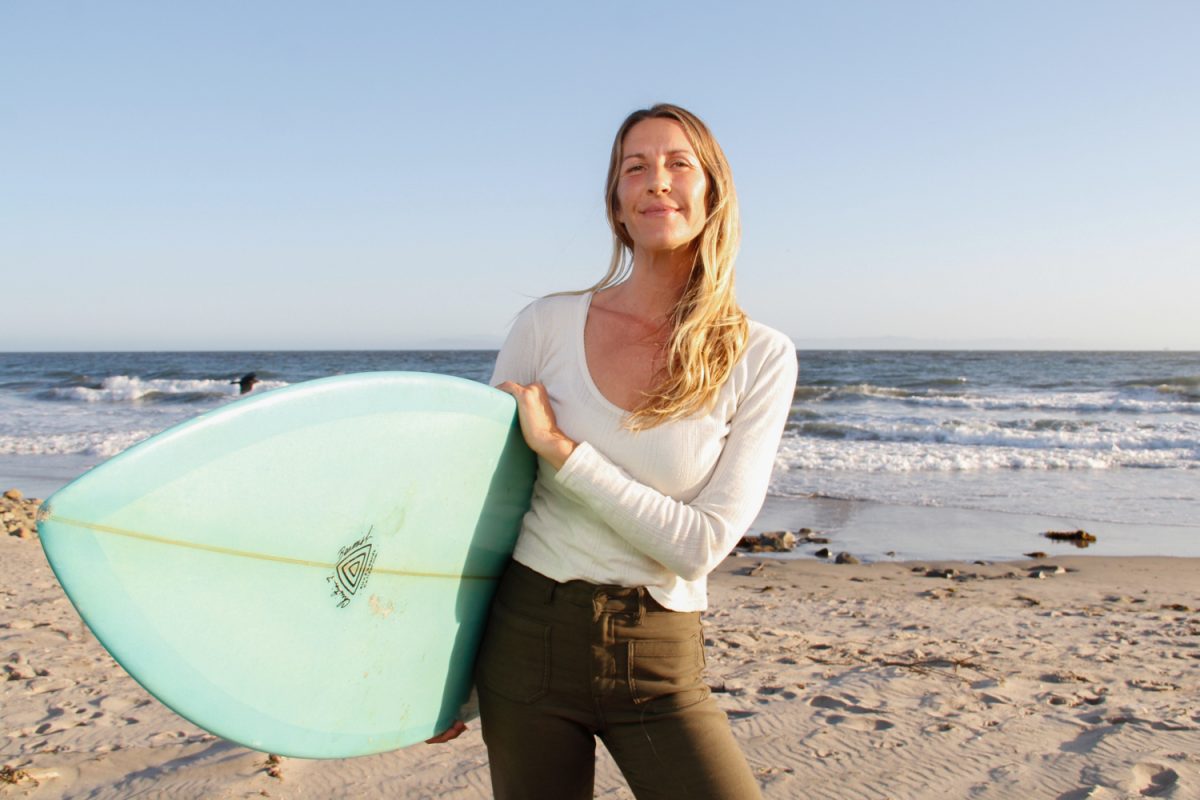

![The new Dean of Social Science, Fine Arts, Humanities and English, Eric Hoffman beams on May 2 in Santa Barbara, Calif. "My major professor in college [inspired] me," Hoffman said. "You can really have a positive impact on people's lives in education."](https://www.thechannels.org/wp-content/uploads/2025/05/MGSHoffman-2-1200x800.jpg)
